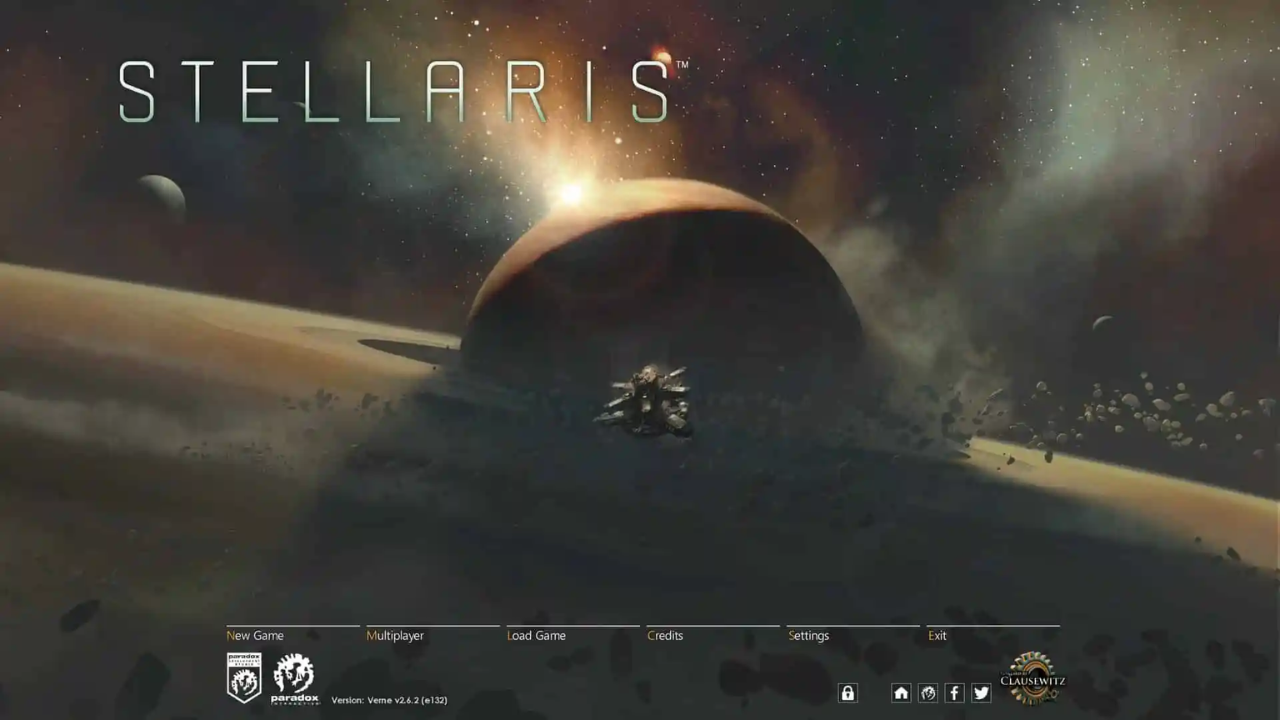Stellaris: Federations is here to focus on diplomacy, an area that Stellaris players have been waiting for improvement on for years. This expansion finally adds depth to diplomatic gameplay, including the creation of intergalactic organizations and a space-based version of the United Nations.
However, it doesn’t entirely fix all the issues with diplomacy in the game. For example, artificial intelligence (AI) empires still behave irrationally, often rejecting fair trade deals or being difficult to work with.
The centerpiece of this DLC is its improved federation system. Previously, federations were frustrating and unhelpful, with little control and a lot of drawbacks. Now, federations come with a range of features, like laws, experience levels, and bonuses. Players can choose from different types of federations:
- Galactic Union: Ideal for peace-focused empires.
- Trade Federation: Great for economic empires.
- Hegemony: Suited for authoritarian empires aiming for control.
- Military and Research Federations: Tailored for warfare or technological development.
A Better, But Flawed, System
Once a federation is formed, members can vote on laws, succession rules, and more. As the group gains experience, it unlocks perks and benefits. Unfortunately, the starting setup of a federation cannot be customized. Players have to work with default settings and negotiate with AI-controlled allies to make changes—a task that can be time-consuming and frustrating.
The expansion introduces envoys who can be sent to improve relationships with other empires or increase cohesion within your federation. Cohesion is important for leveling up your federation, as it directly impacts how fast you gain experience. However, the stubbornness of AI-controlled empires remains a major hurdle, often requiring hours of effort to convince them to support even mutually beneficial changes.
Galactic Community: A Space United Nations
A notable addition to Federations is the Galactic Community, a senate-like body where empires can vote on resolutions that affect the entire galaxy. Topics range from trade policies to defense strategies, giving players new ways to influence galactic politics.
To sway votes, players can use a new “Favours” currency, which allows for more strategic bargaining. Still, dealing with the AI’s sometimes illogical behavior can make the experience less rewarding.
Powerful Additions for Players
For those who also own the Utopia DLC, Federations introduces the Mega Shipyard, a massive structure that builds fleets quickly. Even without Utopia, players can enjoy the new Juggernaut, a mobile starbase that repairs and constructs ships in enemy territory.
Additionally, the expansion brings a free patch that replaces some starting civics with the new Origins mechanic. Origins offer unique backstories for empires, such as starting on a doomed planet or a massive Ring World. With over 18 Origins available in the DLC, there’s plenty of room for creativity.
Final Thoughts
Stellaris: Federations makes significant strides in improving the game’s diplomacy systems and adding new gameplay mechanics. However, it still misses opportunities to address long-standing issues, like overly stubborn AI and the inability to customize federations at the start.
Despite its flaws, the DLC offers enough new content to enhance the overall Stellaris experience, especially for players who value diplomacy and storytelling.


